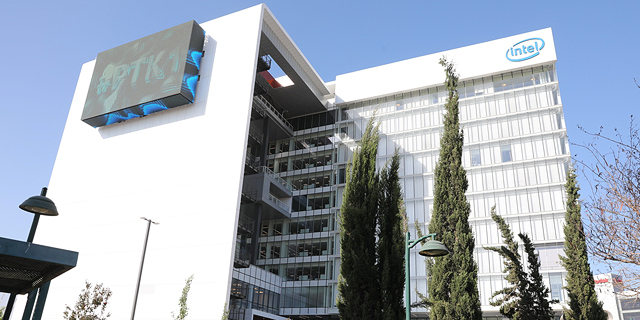
Intel in Talks to Acquire Israeli Startup Moovit for $1 Billion
Following its purchase of Mobileye in 2017, Intel will be well placed to manage urban transportation around the globe
Meir Orbach | 13:59, 03.05.20
Tech giant Intel has a new Israeli acquisition in its sights and is in talks to purchase public transit app developer Moovit App Global Ltd. for $1 billion. Founded in 2012 and based in Ness Ziona, a town in central Israel, Moovit has
raised $133 million to date from companies like BRM Capital, Hanaco, BMW i Ventures, Sequoia Capital Israel, and Vintage Investments Capital.
Intel has made some significant acquisition of Israeli companies in the past, most notably Mobileye, which it acquired for
$15.3 billion in March 2017. The Acquisition of Mobileye is related to the Moovit deal
enabling the formation of a large entity in control of vast amounts of data, capable of managing urban transportation.
People with knowledge of the talks, who spoke to Calcalist on condition of anonymity said the $1 billion deal is very close to being signed. Intel and Moovit declined to comment on the report.
Moovit develops and offers a mobile navigation app providing real-time public transit information in 3,100 cities and 102 countries. Moovit’s app has over 775 million users, according to company statements.
Moovit recently shifted from a free to use model to providing municipal authorities with user-gathered data to help improve their city’s public transportation system.
As the coronavirus (Covid-19) outbreak led to a significant global reduction in public transportation services, Moovit adjusted its model to provide a customizable platform to help operators and cities around the world adhere to local regulations and provide on-demand mobility services to vital employees, automatically determining the optimal route based on passengers' needs. Each operator can adjust the service to meet local requirements, for example, the maximum number of passengers in each vehicle.